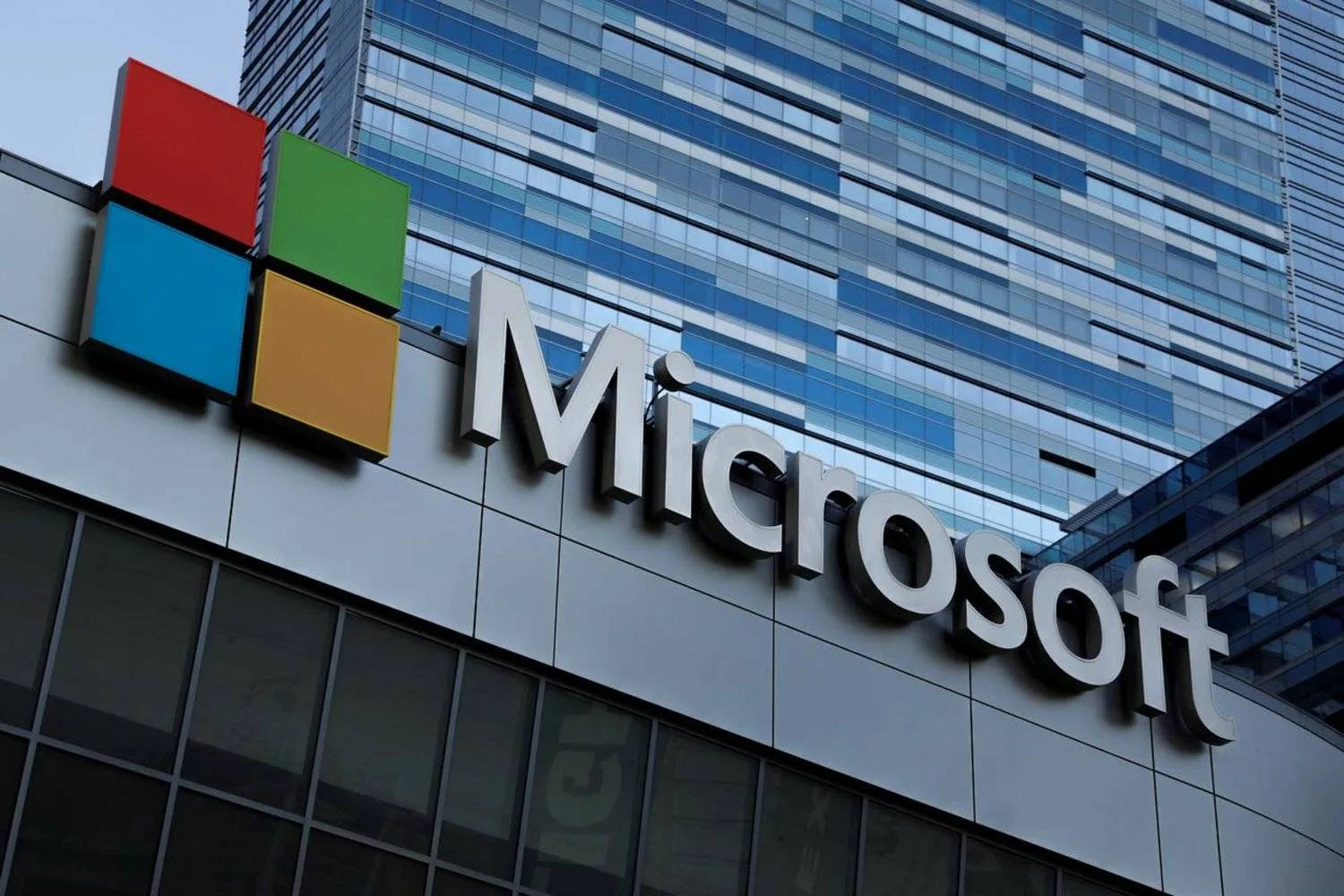Microsoft will not roll out "Recall", an AI-powered feature that tracks computer usage, with its new computers next week and will instead preview it with a smaller group later, the tech giant said on Thursday, amid concerns of privacy risks.
The Recall feature tracks web browsing to voice chats, creating a history stored on the computer that the user can search when they need to remember something they did, even months later, Reuters reported.
Recall will now be available only for a preview on its Windows Insider Program (WIP) in the coming weeks instead of being broadly available for Copilot+ PC users on June 18, Microsoft said in a blog post.
The decision is "rooted in our commitment to providing a trusted, secure and robust experience for all customers and to seek additional feedback prior to making the feature available to all Copilot+ PC users," the Redmond, Washington-based company said.
Copilot+ PCs are a category of personal computers with artificial intelligence (AI) features that were unveiled in May.
The WIP is a public software testing program that allows millions of "Windows biggest fans" to preview upcoming features for the operating system.
The company said it plans to make the Recall preview available for all Copilot+ PCs coming soon after feedback from the WIP community.
Privacy concerns were raised soon after the announcement of this feature, with some social media users expressing fears that it could enable spying, while billionaire technologist Elon Musk called it a "Black Mirror episode", making comparisons to the Netflix series that explores the harmful effects of advanced technology.









